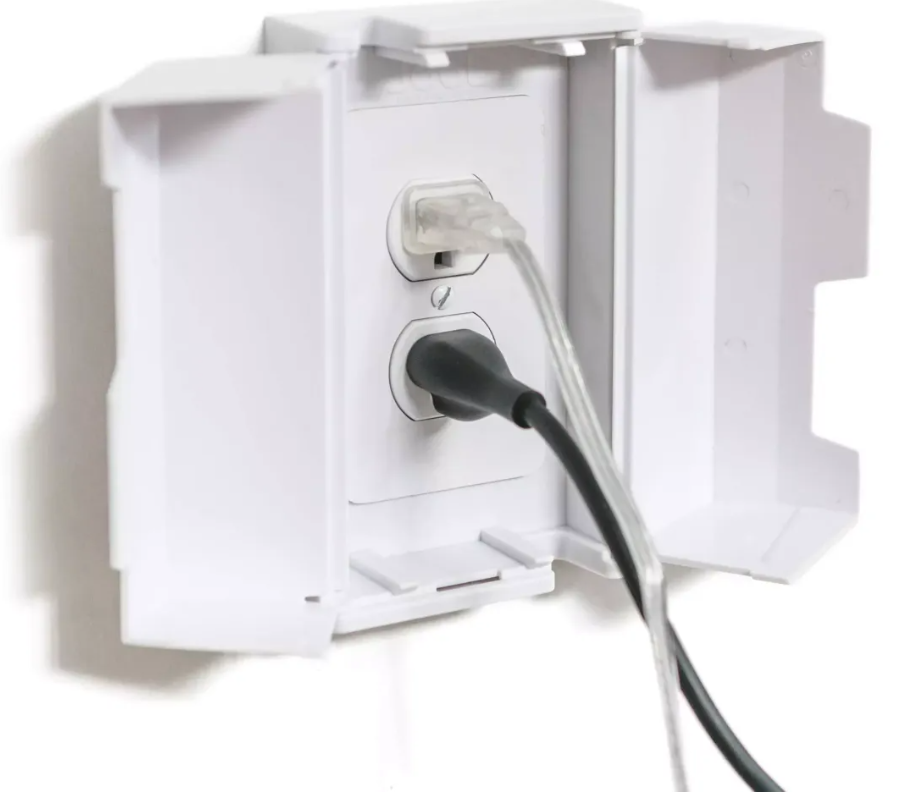For good health, it is important to maintain a healthy weight. Obesity and overweight can lead to chronic conditions like diabetes, heart disease, and certain cancers. There are many ways to determine if you are at a healthy weight.
Your body mass index (BMI) is the most commonly used way to determine if you’re overweight. BMI is determined by multiplying your weight in kilograms and your height in meters squared. A BMI between 25 and 29.9 is considered overweight. A BMI greater than 30 is considered obese.
Your waist circumference can also be used to determine if your weight is healthy. Your health can be affected if you have too much fat around the waist. Women with a waist measurement of 80cm and more, as well as men with waists of 94cm and more, are at higher risk.
For good health, it is important to maintain a healthy weight. Obesity and overweight increase your risk of developing diabetes and heart disease. There are many ways to determine if you are healthy.
The Body Mass Index (BMI) is a popular method. Your height and weight are necessary to calculate your BMI. To calculate your BMI, you can use a BMI calculator.
A BMI between 18.5-24.9 and 29.9 is considered healthy. Between 25-29.9 and 30 is considered obese. You can also measure your waist circumference to determine if you are healthy. Measure your waist circumference using a tape around your stomach. This is just above your hipbone.
An increase in the risk of obesity-related problems like heart disease and type II diabetes is indicated by a waist circumference greater than 102 cm (40 inches) for men and 88 cm (35 inches) for women. Remember that muscle mass can impact BMI scores. Someone who is extremely muscular may have a high BMI, but not excess fat.
Credit: www.cdc.gov
What is it important to measure and monitor your weight?
Your overall health is directly affected by your weight. A healthy weight can reduce your chances of developing many chronic diseases such as stroke, heart disease, diabetes type 2 and certain types of cancer. Even a slight weight loss can make a big difference in your health.
Maintaining a healthy weight can help reduce the risk of developing chronic diseases. There are several ways to track and measure your weight. To weigh yourself, you can either use a bathroom scale or a traditional scale.
You can also use other tools such as the body mass index (BMI), or the waist circumference measurement. These measurements can help you determine if you are healthy. Weight Watchers is a program that can help people lose weight and keep it off for the long-term.
Weekly meetings are held where participants can learn how to make healthier choices in food and get more exercise. Members can also access online support groups and other helpful resources through the online component.
How do you measure your weight and health?
There are many methods to determine your weight and health. A scale is the most commonly used method to measure weight. There are many other methods to measure weight. These include body mass index (BMI), waist circumference or skinfold thickness.
Although BMI can be used to determine if someone is obese or overweight, it doesn’t directly measure body fat percentage. The waist circumference can be used to determine abdominal fat and the risk of developing obesity-related illnesses. The best way to determine body fat percentage is to measure skinfold thickness. However, this measurement requires special equipment and skilled personnel.
There are many indicators that can measure health, including blood pressure, cholesterol, blood sugar, and Body Mass Index (BMI). The weight of a person does not necessarily reflect their health status. For example, someone might be obese but have low cholesterol. It is important to consider multiple indicators when assessing someone’s health.
There are many ways to assess your health (apart from your weight).
Bmi Calculator
You probably don’t have a good idea of your BMI if you are like most people. It’s OK! There are many online BMI calculators that will help you determine your BMI in a matter of seconds.
What is BMI? BMI is the Body Mass Index. It measures whether someone is healthy for their height. A healthy BMI ranges between 18.5 to 24.9. Anything outside this range is either considered overweight or underweight (with separate fields).
Your height and weight are all that’s required to calculate your BMI. Once you have these numbers, you can plug them into an online calculator (such as this one from CDC) and voila! Your BMI will be calculated. What do you do once you have your BMI?
Imagine you are in the healthy zone. Keep up the great work. Don’t worry if your weight is not in the healthy range. There are many things you can do to lose weight.
Talk to your doctor about the best plan for you. And remember, even small changes can make all the difference in your health.
Conclusion
It’s important to keep track of your weight if you are concerned about your weight. You can monitor your weight to help you keep track of your health goals and spot potential problems before they become serious. There are many ways to measure your weight. Each method has its advantages and disadvantages.
A scale is the most popular way to measure your weight. A scale is easy to locate and use. It will give you an accurate reading about your weight. Rankings can be misleading if they aren’t calibrated correctly or don’t take into account your body composition (the proportion of fat and muscle in your body).
Skinfold calipers are another way to measure your weight. The thickness of the skin fold at various points on the body is measured by the skinfold calipers. These measurements are used to estimate the body’s fat percentage. Although skinfold calipers can measure body composition more accurately than scales, they can be difficult to use properly.
Online calculators can be used to estimate your body fat percentage. These calculators take into account your age, gender and height to calculate your body fat percentage. Although online calculators can be convenient and simple to use, they are not as accurate as skinfold scales.
It doesn’t matter what method you use to measure your weight. Regularly doing so will help you spot any changes quickly. You should consult a doctor if you notice any sudden changes in your body composition or weight, especially if they are accompanied by other symptoms.















Leave a Reply